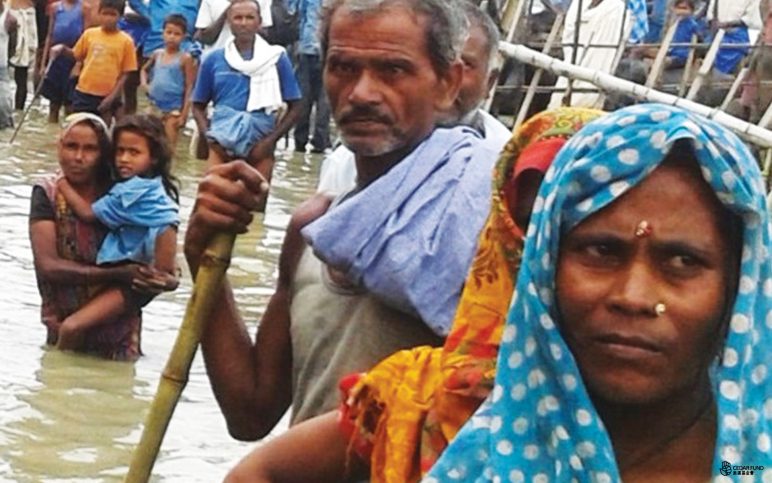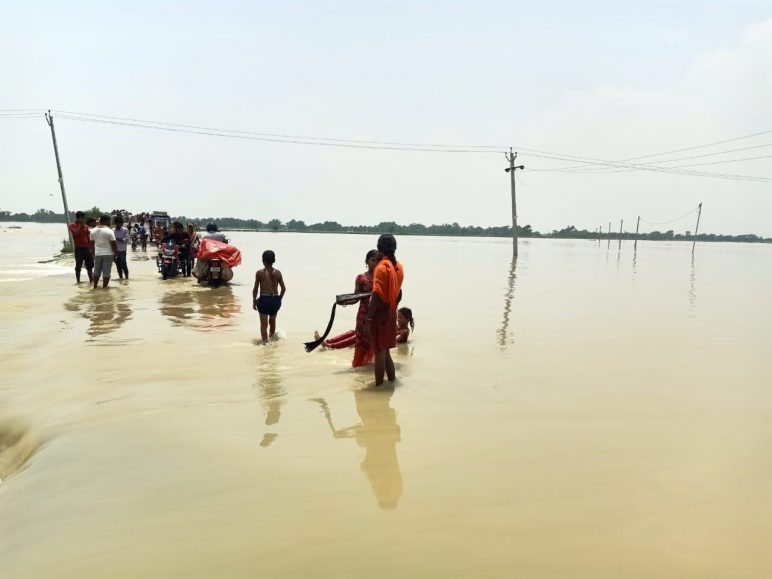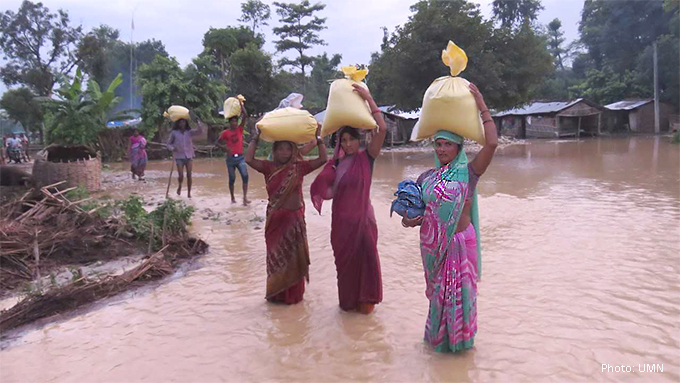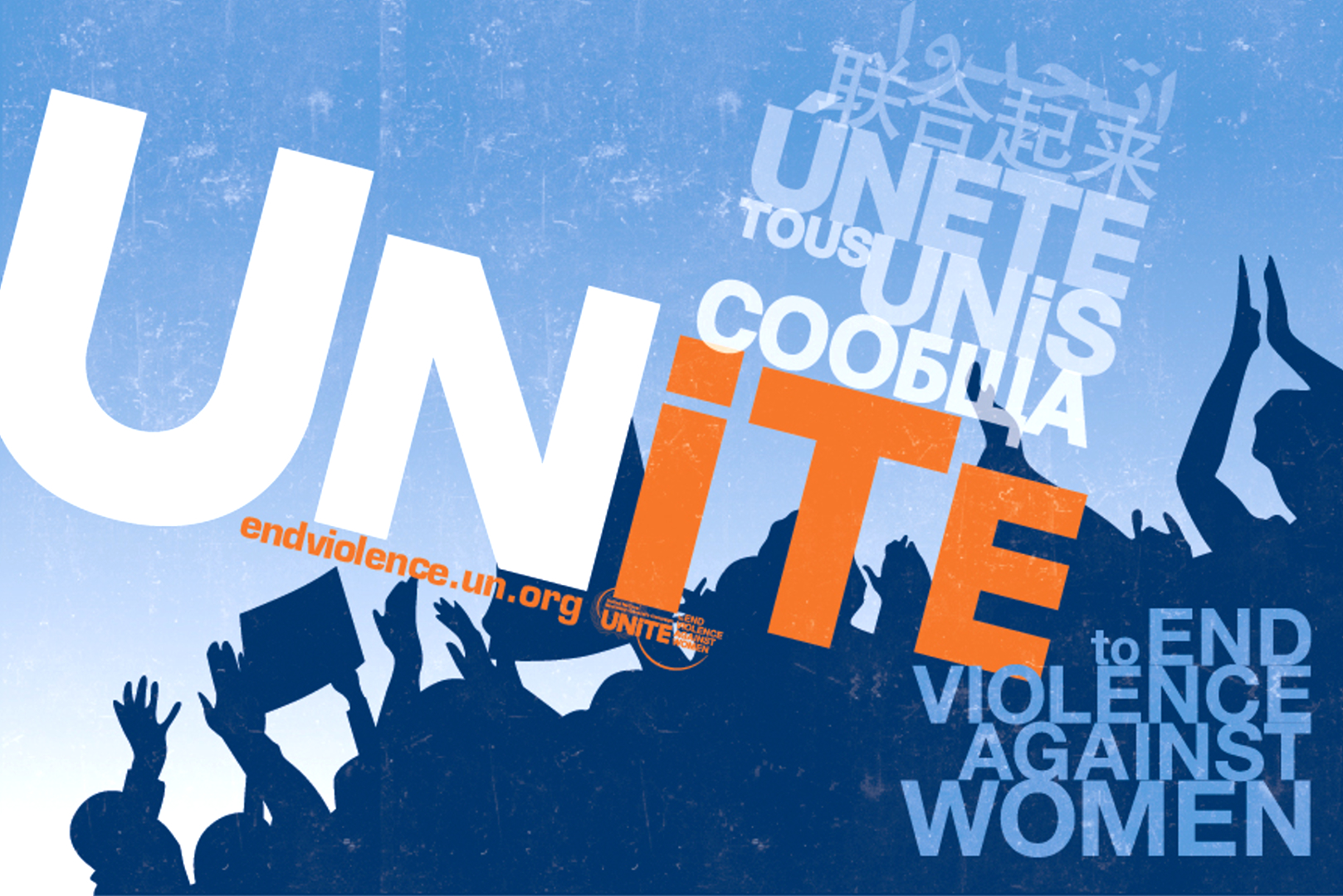| Editor’s note: When we were children, we learned about “climate change” in our textbooks; but this expression is no longer an accurate description of the threat presented to the world nowadays. The term “climate change” has gradually been replaced by “climate crisis”, which indicates that the planet has entered an emergency state. In this issue of SHARE, “Climate and the Poor” was adopted as the theme to remind the Christian communities about the group of people who are hit the hardest by the climate crisis. In “Back to the Bible”, we pointed out that caring for the created world is crucial in our beliefs. We have an article on our supporter’s experience of choosing a lifestyle that reduces carbon footprints, and another article about life education for Ethiopian youths written by our staff. |
[“SHARE” OCT – DEC 2019 ] FOCUS
Written by: Edward Lai (Senior Communications Officer)
The world experienced the hottest month ever in July [1]. In fact, 2015 to 2019 may have been the hottest 5 years in human history. [2]
In recent years, the United Nations (UN) [3] has issued several warnings on the imminent peril of climate crises induced by human activities. Under the same climate crisis, the threats borne by the rich and the poor are totally different. As pointed out by the experts at the UN [4], the rich can use money to mitigate the impacts of global warming, but the poor are almost powerless. They are left to bear the brunt of rising temperature, such as drought, famine and infectious diseases. CEDAR has been carrying out disaster relief and disaster risk reduction in various developing countries in Asia and Africa. In India, especially, we witnessed the severity of the impact of climate crisis on the poor.
Continue reading “Death Sentence” to the Climate-affected Poor – Resisting Disaster in India













